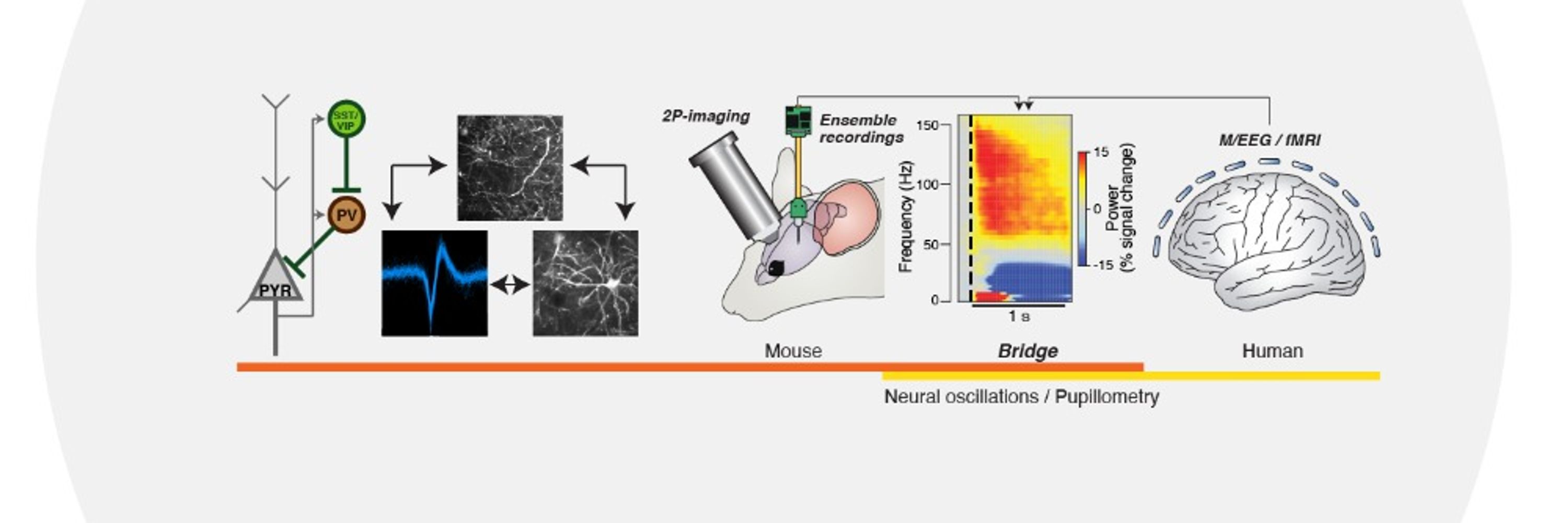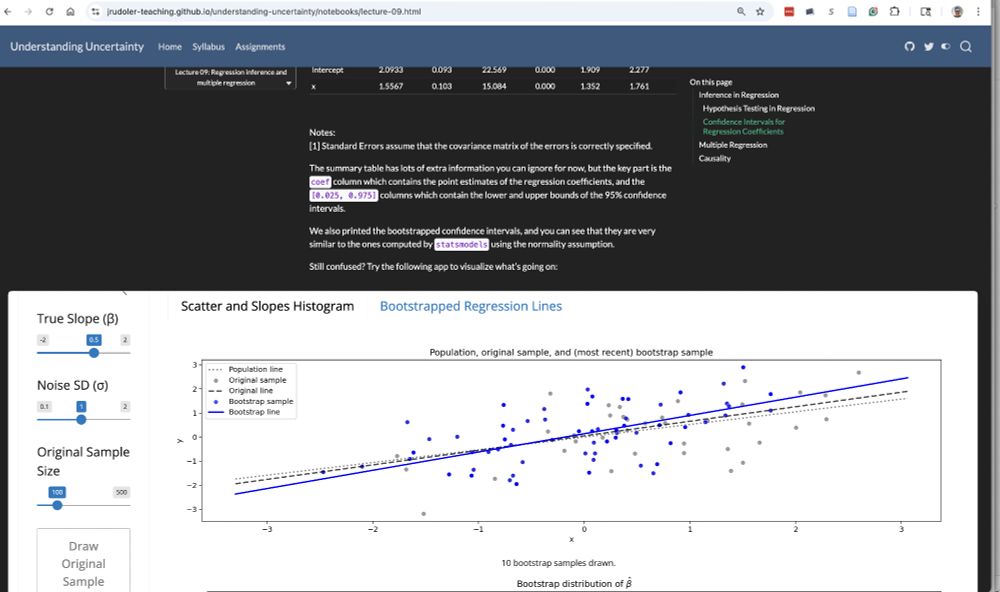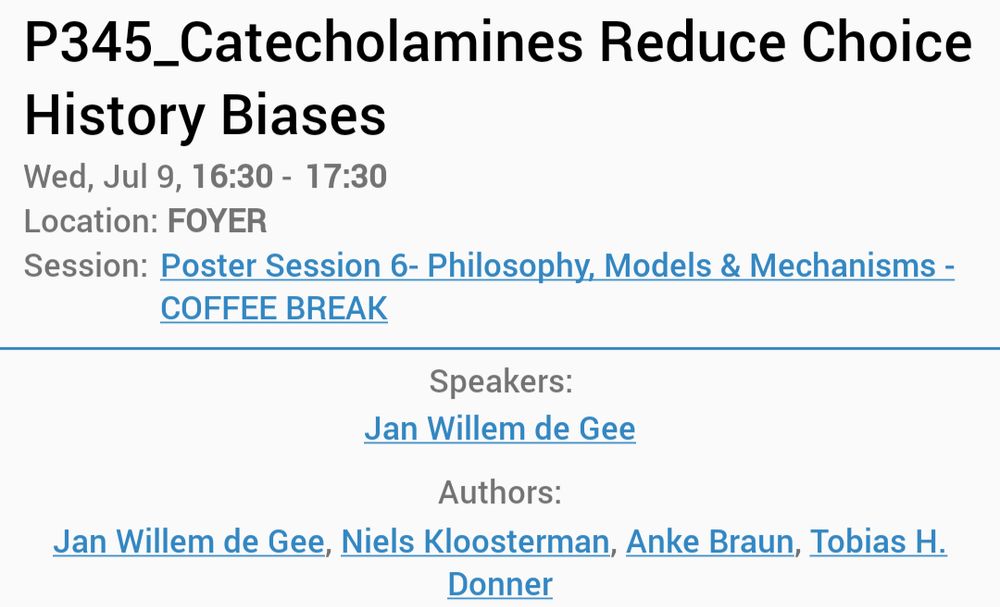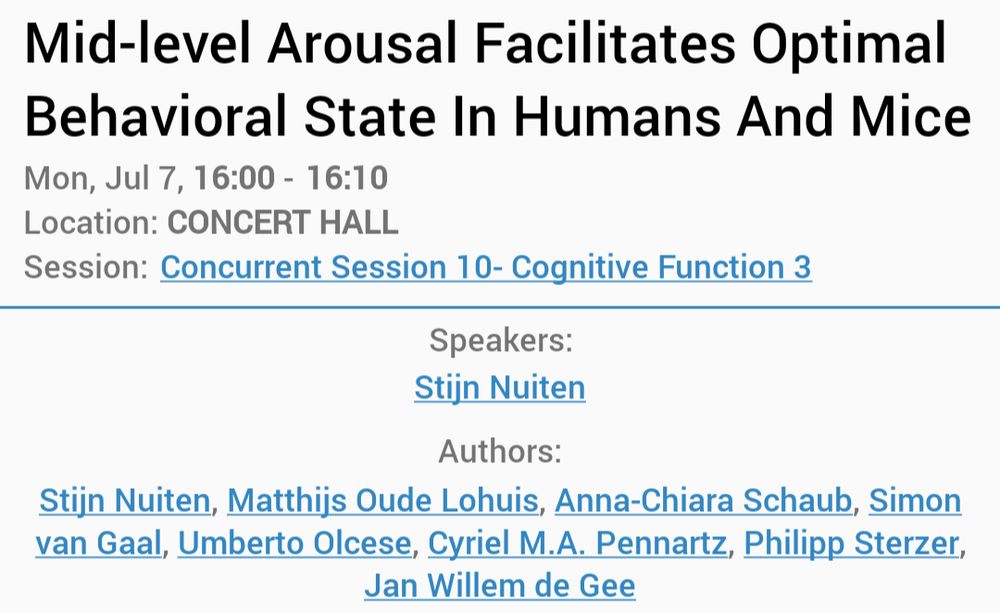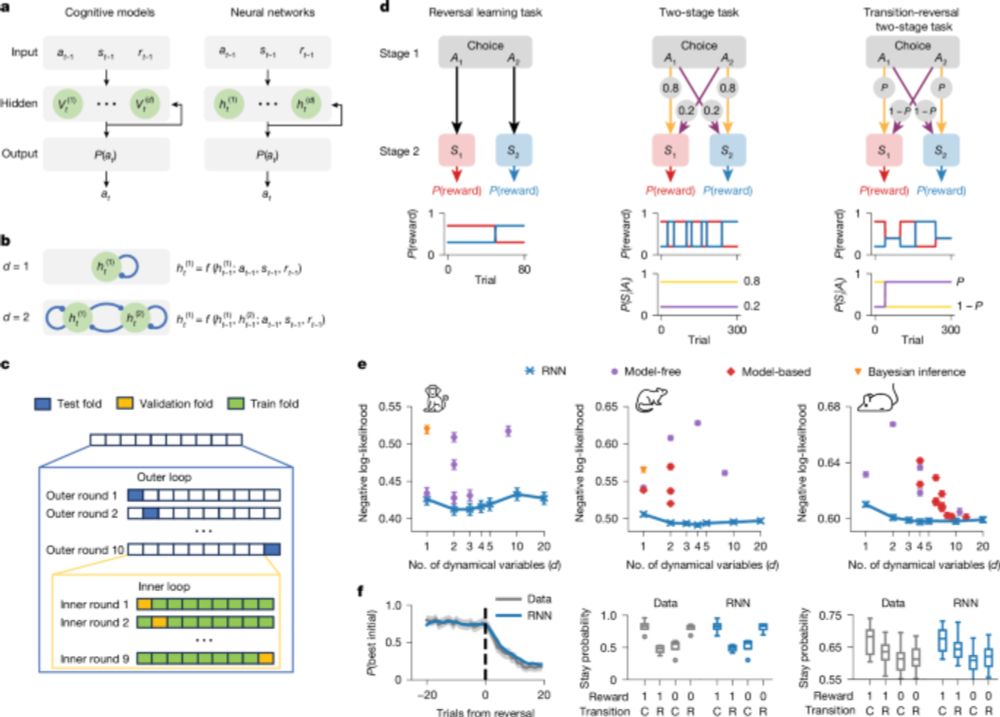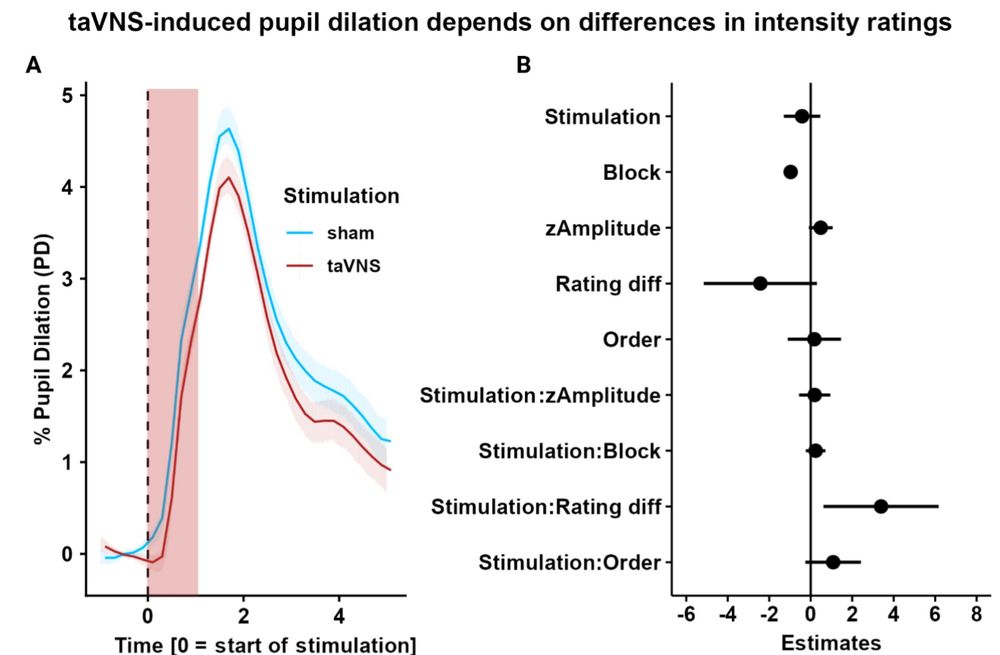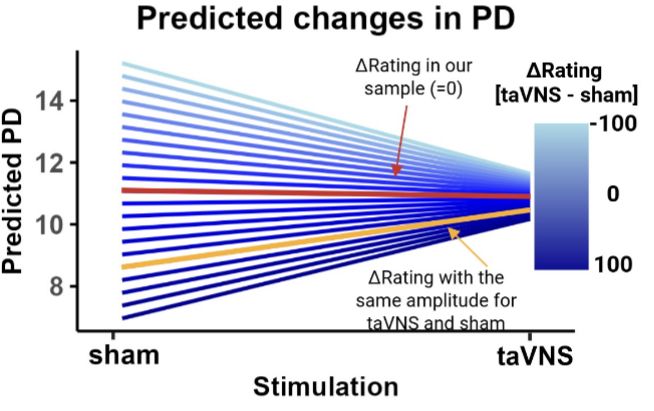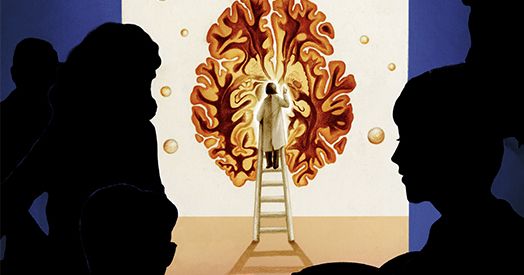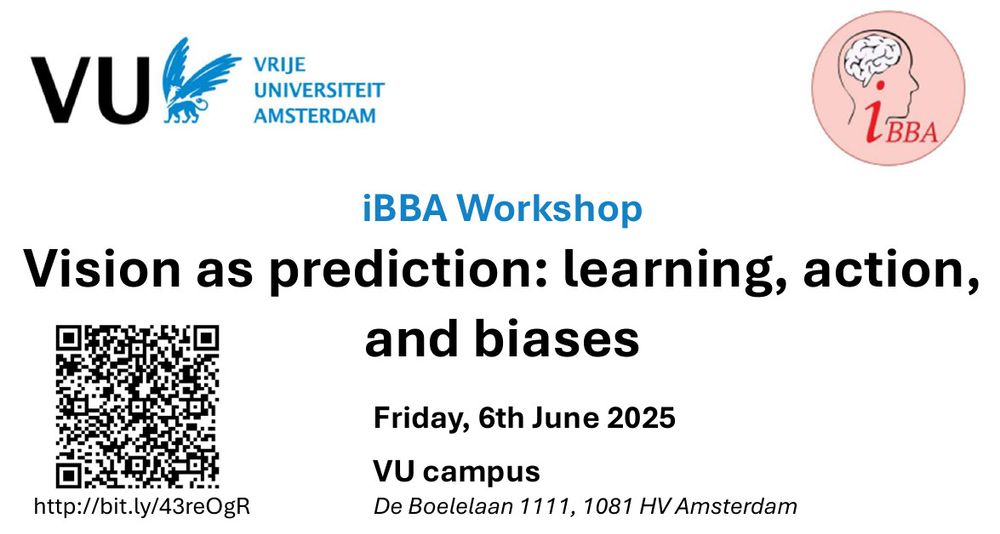de Gee lab
@degeelab.bsky.social
230 followers
190 following
16 posts
Assistant Professor of Cognitive and Systems Neuroscience @ University of Amsterdam. Studying how arousal states shape perception and decision-making in humans and mice.
http://www.janwillemdegee.info
Posts
Media
Videos
Starter Packs
Reposted by de Gee lab
Reposted by de Gee lab
Reposted by de Gee lab
Reposted by de Gee lab
Tobias Hauser
@tobiasuhauser.bsky.social
· Jul 24
Reposted by de Gee lab
de Gee lab
@degeelab.bsky.social
· Sep 5
de Gee lab
@degeelab.bsky.social
· Sep 5
de Gee lab
@degeelab.bsky.social
· Aug 27
de Gee lab
@degeelab.bsky.social
· Aug 27
Reposted by de Gee lab
Reposted by de Gee lab
Donner Lab
@donnerlab.bsky.social
· Jun 27
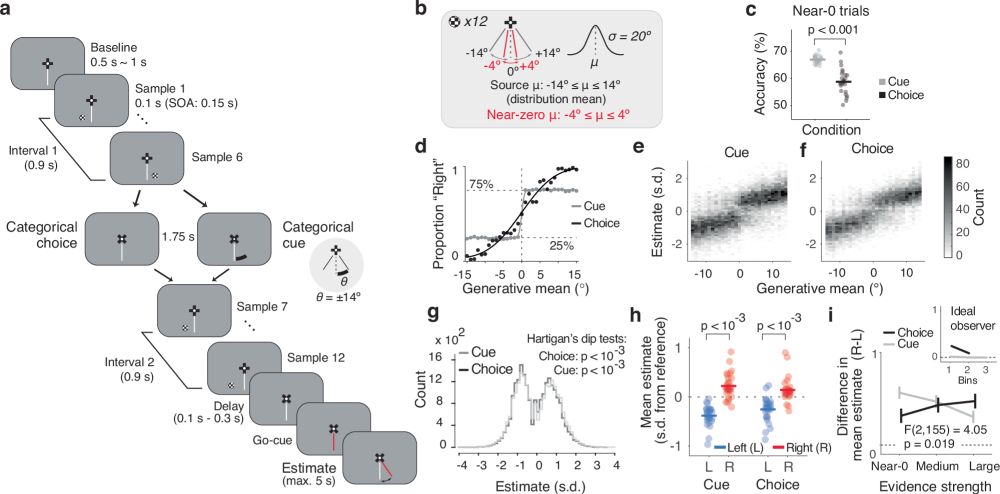
Confirmation bias through selective readout of information encoded in human parietal cortex
Nature Communications - People often discard incoming information when it contradicts their pre-existing beliefs about the world. Here, the authors show that this discarded information is precisely...
rdcu.be
Reposted by de Gee lab
Vinny Costa
@vincentcostaphd.bsky.social
· Jun 28
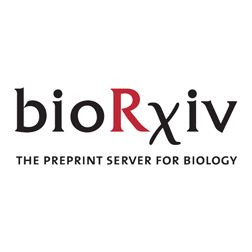
A progressive ratio task with costly resets reveals adaptive effort-delay tradeoffs
The Progressive Ratio (PR) schedule is a popular test for measuring the motivational value of a reinforcer, in which subjects must exert an increasing amount of work to obtain each successive reward. ...
www.biorxiv.org
Reposted by de Gee lab
Earl K. Miller
@earlkmiller.bsky.social
· Jun 28
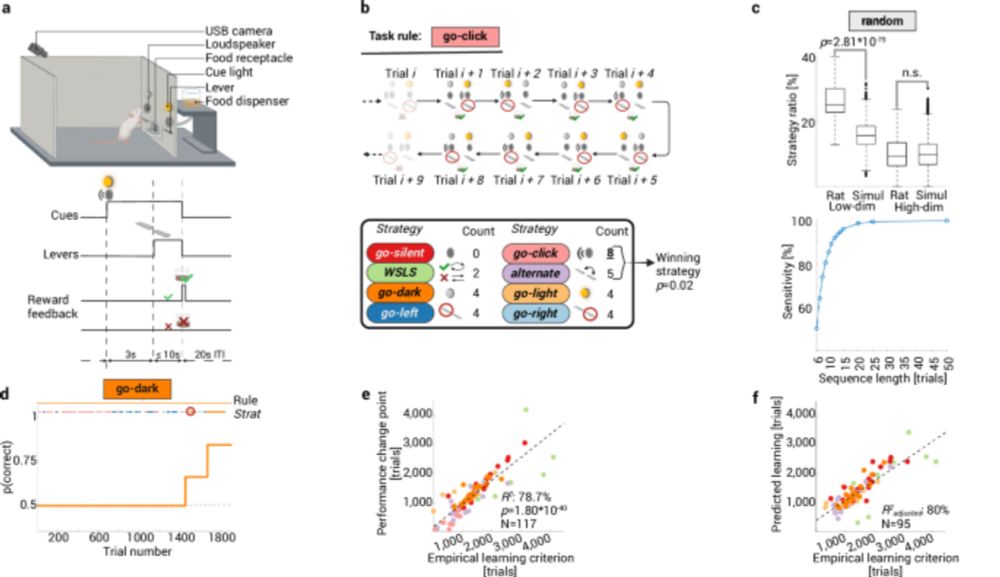
Abstract rule learning promotes cognitive flexibility in complex environments across species - Nature Communications
Whether neurocomputational mechanisms that speed up human learning in changing environments also exist in other species remains unclear. Here, the authors show that both rats and humans sequentially t...
www.nature.com
Reposted by de Gee lab
Simon van Gaal
@svangaal.bsky.social
· Jun 25
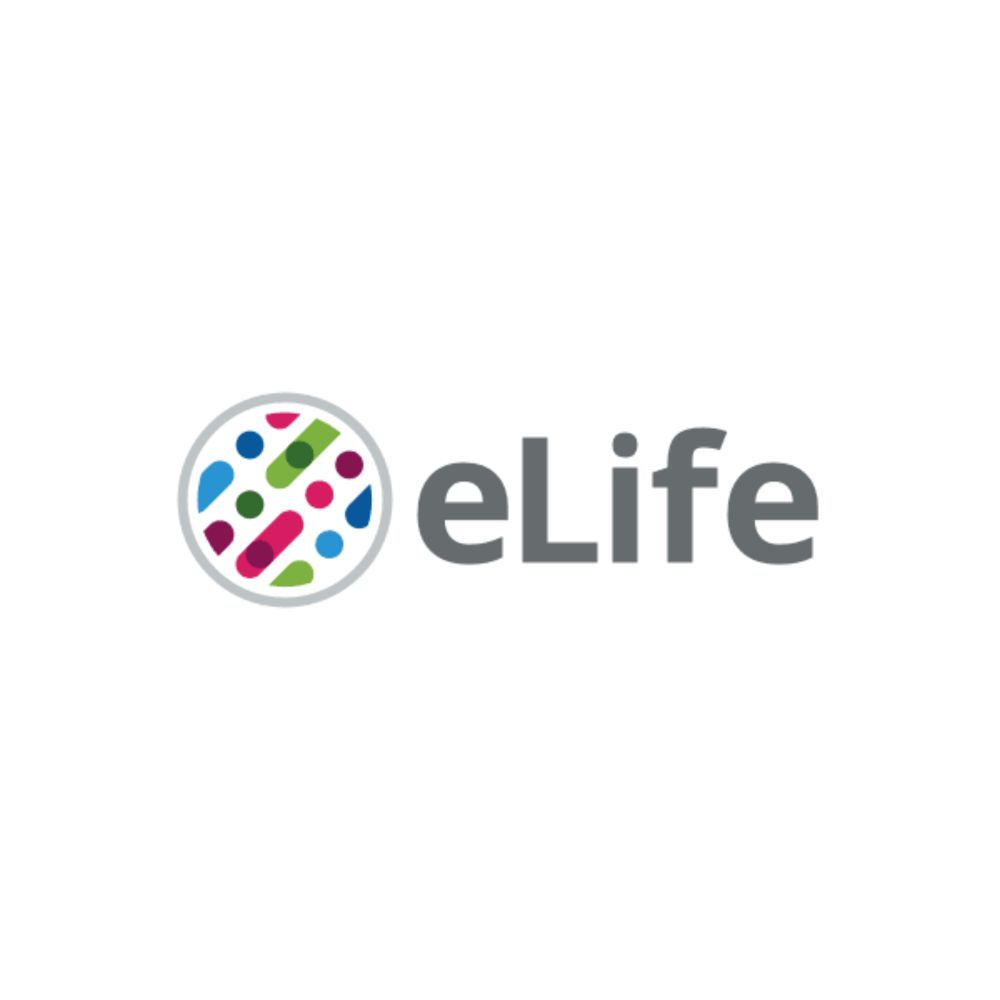
A causal role of the NMDA receptor in recurrent processing during perceptual integration
Memantine selectively improves neural decoding of attended illusory contours, revealing NMDA receptor-dependent enhancement of feedback processing in human visual perception.
elifesciences.org
Reposted by de Gee lab
Reposted by de Gee lab
Mac Shine
@macshine.bsky.social
· May 26
Reposted by de Gee lab
de Gee lab
@degeelab.bsky.social
· May 21
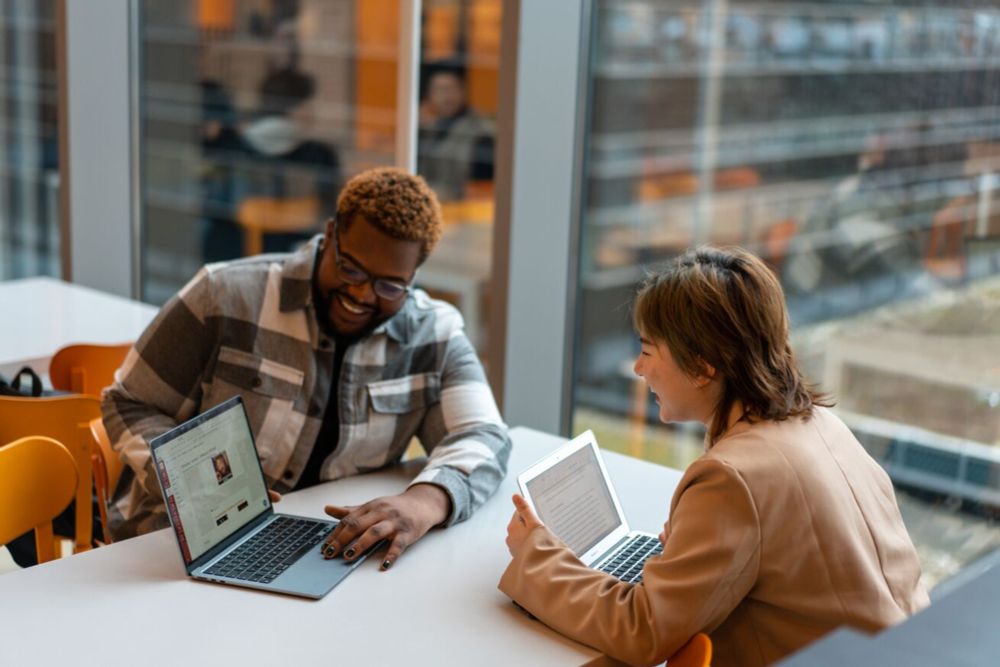
Vacancy — PhD candidate in Neuroscience of Statistical Learning in Health and Disease
Most of our decisions are guided by predictions—for instance, opting for a bike over a bus based on expected travel time and weather. However, unexpected changes, such as roadworks causing delays, can...
werkenbij.uva.nl
